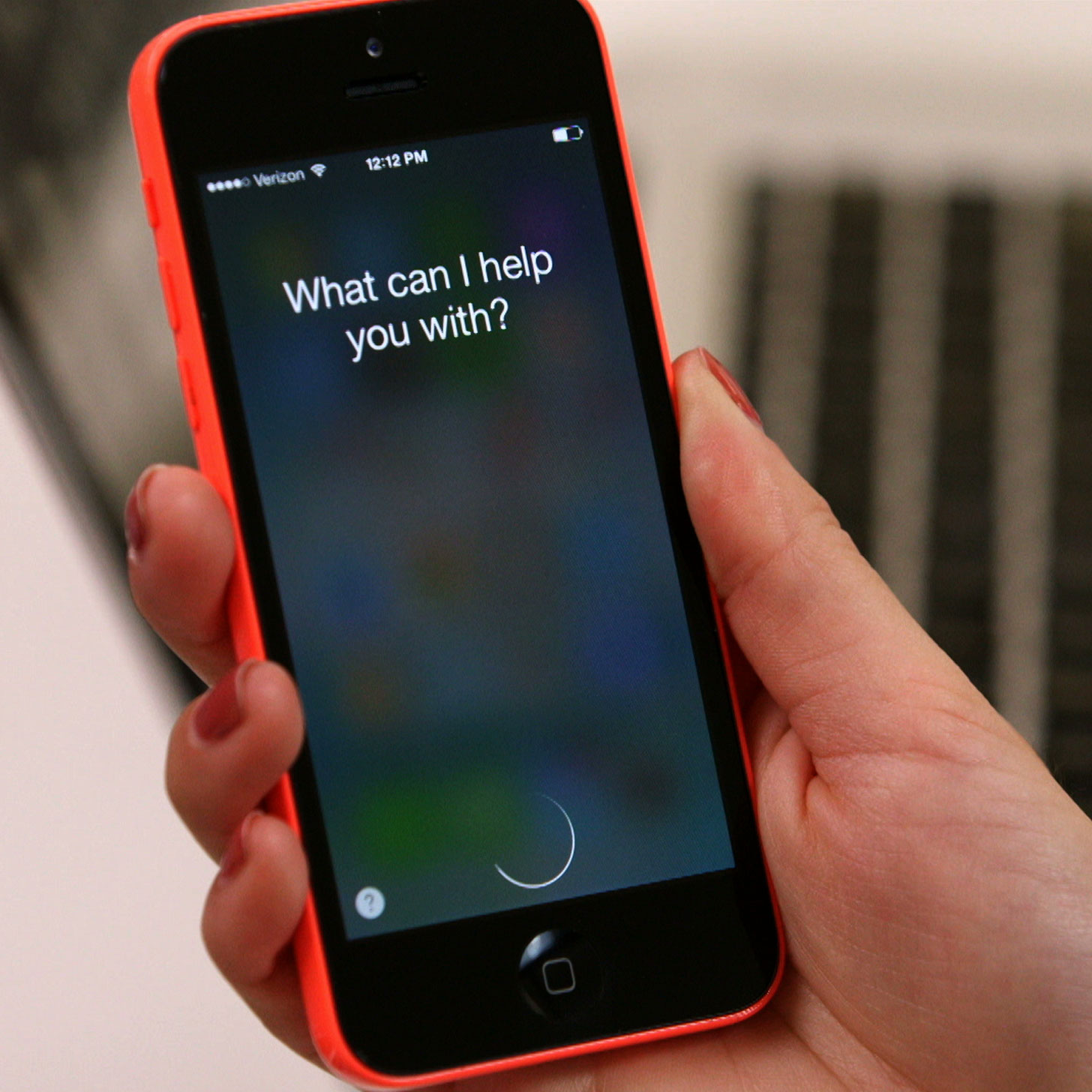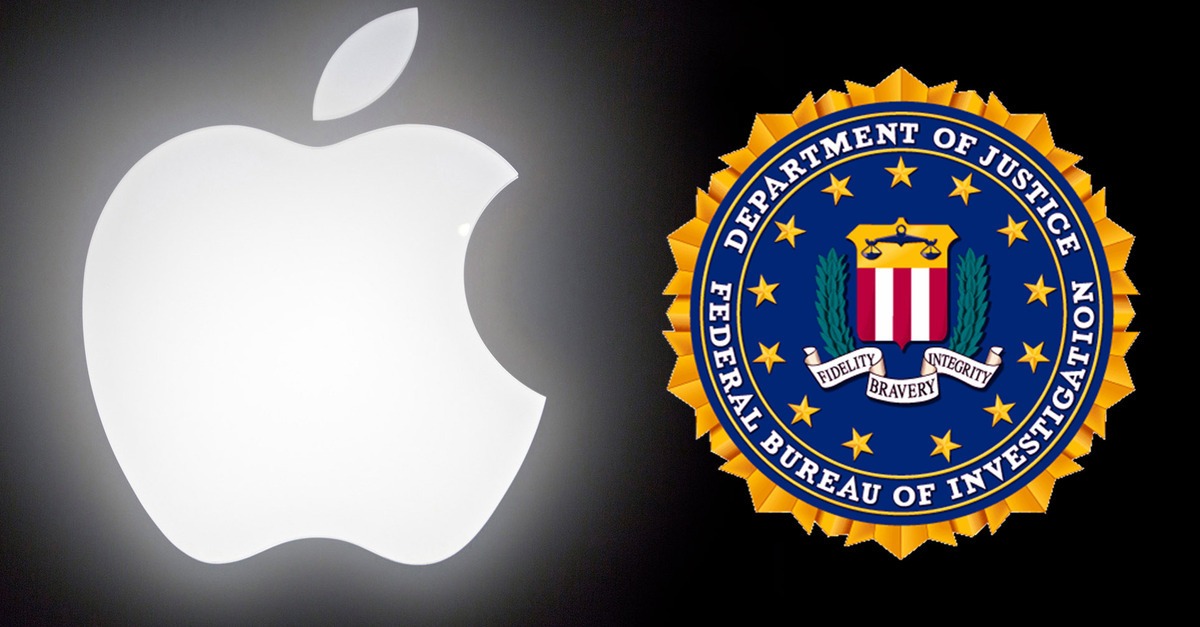
South Korean police have seized Coinbit, one of the country’s largest cryptocurrency exchanges, following allegations that it was involved in fraud and wash trading.
According to a report by the Seoul Shinmum, the Seoul Metropolitan Investigation Department searched and seized several of the company’s premises, including its headquarters in Seoul’s Gangnam district. This came following reports that 99 percent of the transaction volume on the exchange was faked through wash trading.
As part of the seizure, Coinbit owner Choi Mo and his management team have been accused of inflating transaction volumes and manipulating token prices using several ghost accounts.
Police estimate that the fraudulent trading netted Coinbit over 100 billion won ($84 billion) in total.
South Korean exchange practiced wash trading
With over 252,000 active users, Coinbit is South Korea’s third-largest cryptocurrency exchange behind Bithumb and Upbit.
Suspicions that wash trading was happening at Coinbit were first raised in May when an anonymous insider approached the Seoul Shinmun with supposed information on the company’s illegal practices.
Following an investigation, the paper found that, between August 2019 and May 2020, 99 percent of transactions on Coinbit’s Exchange 1 had no corresponding deposit and withdrawal details. Exchange 1 traded in major cryptocurrencies such as Bitcoin.
Meanwhile, Exchange 2, which mostly focused on smaller cryptocurrencies, had blocked coin transactions with other exchanges. This allowed Choi and his team to control the supply of coins, in turn allowing them to directly realize market margin by trading large quantities of coins at certain times.
In addition, the investigation found that at least one unnamed accounting firm had already refused to work with Coinbit after a review of its books.
Even when the paper found evidence of wash trading, it delayed the publication of its report for fear that Coinbit executives would destroy any evidence of their wrongdoing. The paper instead worked with the Seoul police and waited until after their operation was complete to reveal the results of the report.
Alongside the wash trading allegations, authorities have now also raised the possibility of additional malpractice and embezzlement charges.
Wash trading remains a problem in crypto
Wash trading involves transactions in which no actual funds or financial interests are actually exchanged. Sometimes referred to as “false trades,” they’re usually used to bolster an exchange’s reported trade volume, giving it the appearance of liquidity and market activity and attracting new users to the exchange. (Related: Cryptocurrency is dying as young speculators shift to Robinhood and zero-cost trading.)
In traditional finance, the regulation of exchanges means that trade volume is a good proxy for liquidity; however, the same does not apply to the generally unregulated world of cryptocurrency.
The lack of regulation, however, is also what makes wash trading so attractive for any exchange operators looking to inflate their numbers. As such, it has become a big problem within the industry.
Last year, crypto asset management firm Bitwise admitted in a U.S. Securities and Exchange Commission (SEC) filing that 95 percent of Bitcoin trading volumes were fake.
“The Bitwise letter to the SEC was a turning point because it informed investors and regulators on how pervasive wash trading was at that time,” John Jefferies, chief financial analyst at crypto forensics firm CipherTrace, told Cointelegraph. “This form of market manipulation is still a serious problem, especially in the 800 exchanges that are not in the Top 40.”
However, even the SEC being made aware of the scale of wash trading going on hasn’t slowed the practice down.
“This problem is still prevalent,” said Bobby Ong, co-founder and chief operating officer of crypto ratings platform CoinGecko. “We still see non-regulated exchanges conducting wash trading, and we don’t have a good measure to tell whether it is getting better or worse over time.”
What makes it worse is that there’s currently no reliable way to tell is an exchange is involved in wash trading.
“Simply put, there is no easy way to tell if an exchange is inflating volumes or not by merely looking at the volumes they report,” explains Gerald Chee, head of research at CoinMarketCap.
Chee further explains that detecting actual wash trades would require access to the accounts that performed the trade – data that only the exchanges have access to due to their sensitive nature.
To address the issue, some experts have suggested that market surveillance and virtual asset service providers can provide some level of transparency to curtail wash trading. However, this would require non-regulated exchanges to voluntarily allow surveillance.
With this in mind, others have suggested that the real, long-term solution to wash trading and other forms of malpractice is global regulation. As Chee states, wash trading is a “regulatory problem and not a data-related problem.” He suggests that a regulator’s stick may be the only way to eliminate the practice.
Bitwise’s chief technology officer, Hong Kim, agreed. “If you fear your right to operate will be imperiled, you won’t lie about trading volume.”
Learn more about the problems facing cryptocurrencies at BitcoinCrash.news.
Sources include:
Please contact us for more information.





















